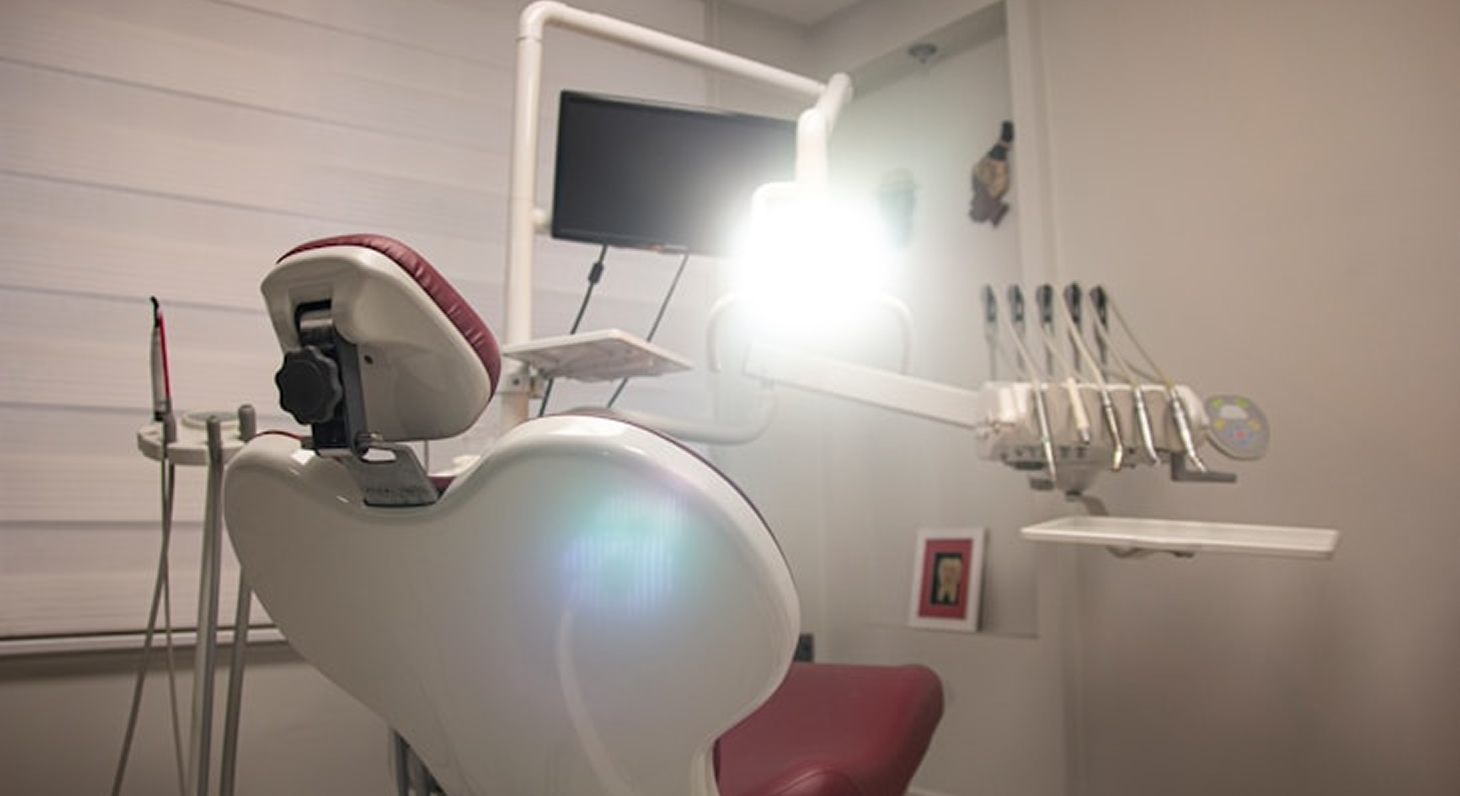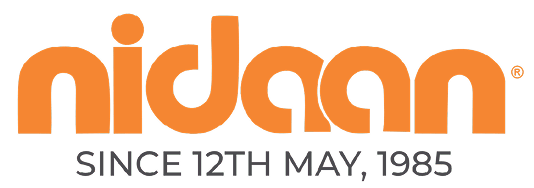Multi-Implant CBCT Planning for Full-Mouth Rehabilitation
September 28, 2025

Introduction
Full-mouth rehabilitation cases are among the most challenging in implantology. They require precise planning across multiple implants, parallel angulations, and avoidance of critical structures. Freehand surgeries not only increase risk but also compromise long-term prosthetic success.
This case study showcases how Nidaan Dental’s CBCT teleradiology and UniGuide workflow enabled a seamless multi-implant rehabilitation, ensuring perfect parallelism, enhanced stability, and predictable outcomes.
Patient Background & Challenges
Clinical Presentation
A 62-year-old patient presented with edentulous mandible requiring 4 implants for overdenture support. The challenges included:
- Limited residual bone in posterior segment
- Close proximity to mandibular nerve canal
- Requirement for precise parallelism among implants
CBCT Planning with Nidaan
Step 1 – CBCT Imaging & Radiology Reporting
A detailed CBCT scan was performed at Nidaan’s radiology center in Pune. 3D reconstruction was used to analyze bone morphology and density across implant sites.
Step 2 – Digital Multi-Implant Planning
Nidaan’s team digitally mapped out implant paralleling using advanced planning software. Implant lengths and widths were precisely defined while avoiding anatomical hazards.
Step 3 – UniGuide Surgical Guide Fabrication
Custom surgical guide designed with parallel channels for multi-implant positioning. 3D-printed and delivered with drill kit for intraoperative accuracy.
Surgery Execution & Results
Clinical Execution
- 4 implants placed with exact angulation using UniGuide.
- Zero surgical deviations from planned trajectory.
- Average chair time reduced by 35%.
Patient Outcomes
- Pain and swelling minimized with flapless approach.
- Faster recovery and immediate provisional restoration possible.
- Parallelism ensured long-term prosthetic stability.
Dentist’s Testimonial
“Multi-implant cases demand absolute precision. Without CBCT-guided planning and UniGuide support, this case could have risked nerve proximity or prosthetic misalignment. Nidaan’s workflow gave me confidence in achieving long-term success.”
Conclusion
This case proves how CBCT-based guided implantology revolutionizes rehabilitation dentistry. With Nidaan UniGuide, even the most complex multi-implant cases become predictable, safe, and prosthetically sustainable.
Mini-FAQs (SEO-rich)
Q1. Why is CBCT essential for multi-implant planning?
CBCT offers 3D anatomical visualization, ensuring implants are aligned, parallel, and avoid nerves or sinuses, critical for prosthetic stability.
Q2. Can UniGuide be used for multiple implant cases?
Yes. UniGuide supports parallel multi-implant guides, making full-mouth rehabilitations predictable and safe.
